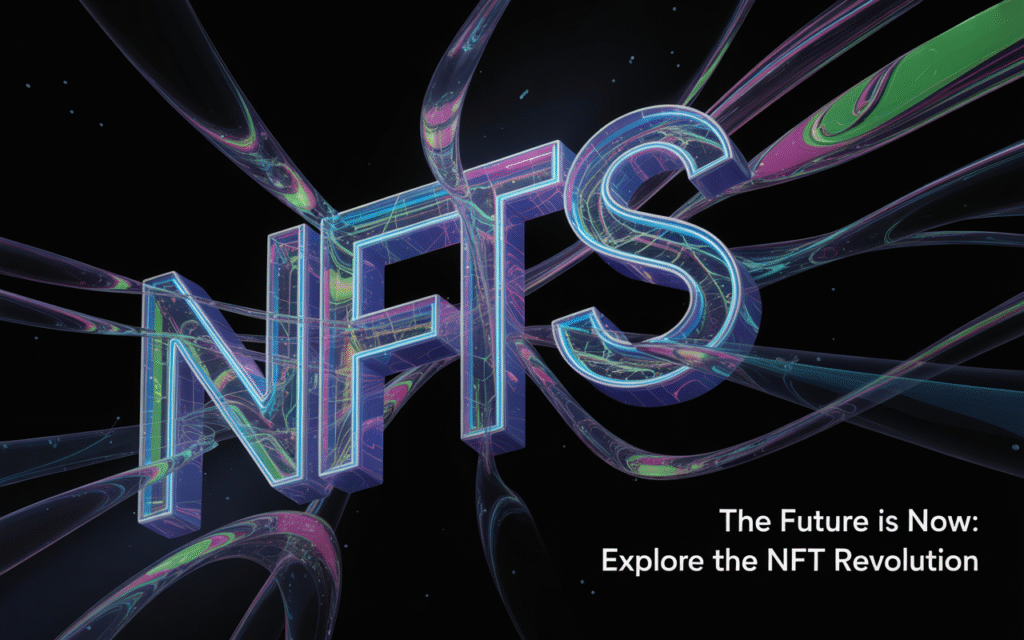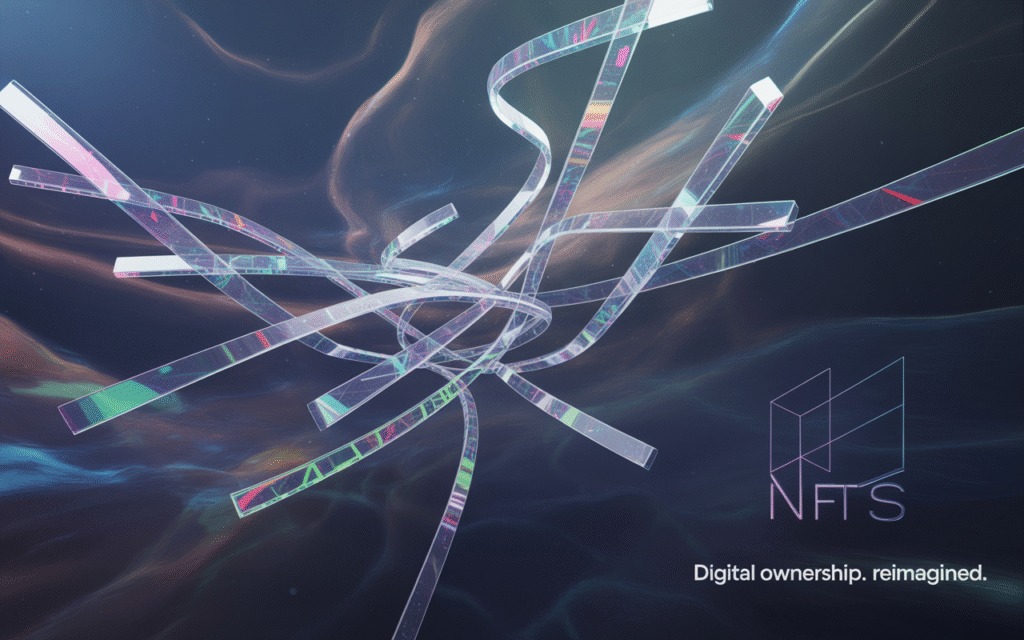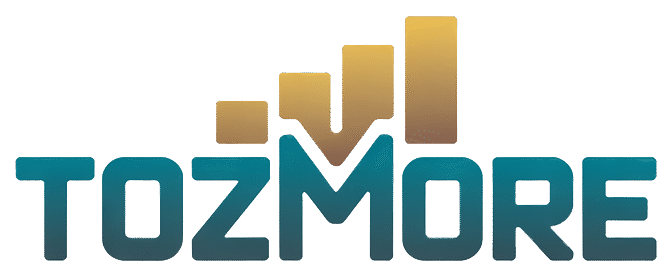
Alright, let’s be real for a sec.
You’ve probably seen someone post a picture of a pixelated monkey they bought for a ridiculous amount of money and thought, “Dude, what is this nonsense? People are paying thousands for a JPEG?!” I get it, it sounds kinda crazy. I remember my brother texting me last year, “Bro, should I buy this NFT? It’s like $200 but it might go up.” He had credit card debt, mind you, and was ready to YOLO into a monkey picture.
The truth is, NFTs can seem like a joke from the outside, and yeah, some of it is hype and nonsense. But if you look past the noise, NFTs (Non-Fungible Tokens) are a tool that’s quietly changing the way people own, sell, and make money from digital stuff.
I’m not here to hype you into buying one tomorrow. I just want you to understand what they are and why they matter, so you’re not left behind when this keeps growing.
So, What the Heck Is an NFT? (In Plain English)
NFT stands for “Non-Fungible Token,” which sounds like something a finance bro would say to sound smart, but let me break it down simply.
- Non-Fungible means it’s unique. A dollar bill is fungible; if you trade your $1 for my $1, it’s the same value. But a signed baseball card or an original painting? Those are non-fungible, each one is unique.
- Token just means it’s tracked on the blockchain, like crypto, but instead of just money, it’s proof that you own something unique, digitally.
So, when you buy an NFT, you’re buying proof that you own a specific digital item (an artwork, a song, a collectible, maybe even a video game item).
“But Can’t People Just Screenshot It?”
Yeah, they can screenshot it. And people will, but that doesn’t mean they own it.
It’s like owning the original Mona Lisa vs. having a print from Walmart. You can enjoy the print, but the real value (and bragging rights) comes from owning the original. NFTs give digital ownership in the same way.
Why Are NFTs Changing the Game?
Here’s the thing: before NFTs, artists and creators had to fight to get paid fairly online. You could post your art on Instagram, but people could just take it, repost it, and you’d get maybe a few likes, but no money.
NFTs are flipping that:
✅ Artists can sell their work directly and get paid instantly.
✅ Creators can add royalties, so if their art sells again, they get a cut.
✅ Collectors can prove ownership and resell NFTs if they want.
Te lo digo por experiencia, I’ve seen a friend who’s a graphic designer sell an NFT of her artwork and make more in one drop than she did in three months doing freelance work for small businesses.
Real-Life Example: Josh and His NFT Journey
My friend Josh (lives in Austin, works at a coffee shop) started minting small photography NFTs during his lunch breaks. He didn’t get rich, but he sold a few for $40-$100 each on platforms like OpenSea. That helped him pay off a lingering phone bill and buy groceries during a tough month.
Was he banking $10,000 overnight? Nope. But it was real money from something he was already doing, and it helped him build confidence as a creator.
How Can NFTs Be Useful in Real Life?
This is where it gets interesting. NFTs aren’t just art:
✅ Music NFTs: Artists like 3LAU and Kings of Leon have released music as NFTs, letting fans own special editions while supporting artists directly.
✅ Gaming: NFTs can be used for in-game items that you can truly own and resell. Think Fortnite skins you can sell if you don’t want them anymore.
✅ Event Tickets: NFTs can be digital tickets that can’t be faked or scalped easily.
✅ Digital ID and Certifications: Imagine owning your diploma as an NFT, provable on the blockchain.
NFTs open doors for creators, gamers, and everyday people to take control of their digital assets.

“Should I Buy an NFT?”
Here’s the honest truth: you don’t have to buy an NFT to understand or benefit from this shift. If you’re still building your emergency fund or paying off credit card debt (like Josh was before), NFTs shouldn’t be your focus.
But if you’re in a stable place financially and you’re curious, you could start small:
✅ Learn first. Watch YouTube channels like Whiteboard Crypto or Coin Bureau.
✅ Set up a crypto wallet. Apps like Coinbase Wallet or MetaMask can help you get started.
✅ Browse platforms. Check OpenSea, Foundation, or Rarible to see what’s out there.
✅ Support small creators. If you want to dip your toes, consider supporting an artist you love.
Ojo con esto: NFTs are risky and speculative. Don’t throw in your rent money hoping to get rich overnight. I’ve seen people buy NFTs they can’t resell, and they end up feeling regret.
Why NFTs Matter for the Future
We’re living in a world where so much of our life is online: photos, art, music, documents, game items. NFTs offer a way to own and prove that something digital is yours.
Creators can finally earn what they deserve without middlemen. Musicians can sell directly to fans. Gamers can own their in-game assets instead of losing them when a game shuts down.
And whether or not you buy an NFT, understanding them will give you an edge as the digital economy keeps growing.
Final Thoughts: Don’t Let the Noise Stop You
Look, the NFT space is full of hype, scams, and people trying to flip pictures for quick cash. But underneath that noise is a technology that’s shifting how ownership works on the internet.
I’m not telling you to buy an NFT tomorrow. I’m saying don’t ignore it. Learn, test, observe. Maybe one day you’ll use NFTs in a way that helps your life or your side hustle. Or maybe you’ll just know enough to explain to your cousin why they shouldn’t put their rent money into a random JPEG.
Either way, you’ll be ahead.
You’ve got this. If you ever have questions, want to share your thoughts on NFTs, or need help figuring out crypto basics, drop a comment or DM me anytime. I’m here to help, no hype, no judgment, just real talk.
